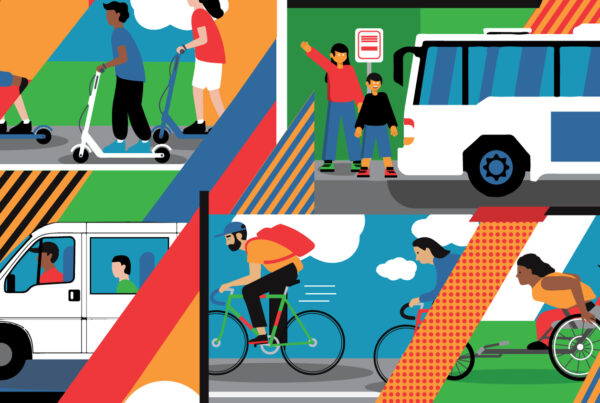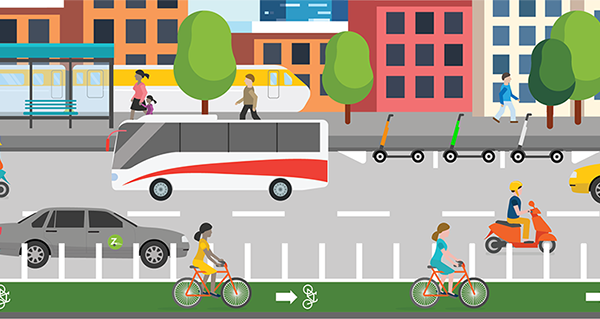By Eric Jaffe
It’s become a given that ride services like Uber et al are disrupting city mobility, but for all the digital ink spilled over that trend, we don’t have much data on what exactly the disruption looks like. (That is, other than the occasionallyquestionable data the services supply themselves.) So it’s important for outside observers to pull the veil back a bit, and a research team at UC-Berkeley led by Lisa Rayle has done just that with a new working paper on “ridesourcing” services, as they’re calling Uber, Lyft, Sidecar, and friends.
The study focused on ride-service users in San Francisco. Some were intercepted immediately after a ride, some discussed a ride they’d taken in the past couple weeks. The researchers compared their findings with two 2013 data sets on taxi ridership—one a survey conducted by the San Francisco Municipal Transportation Agency, and the other a trip log from a local taxi company.


